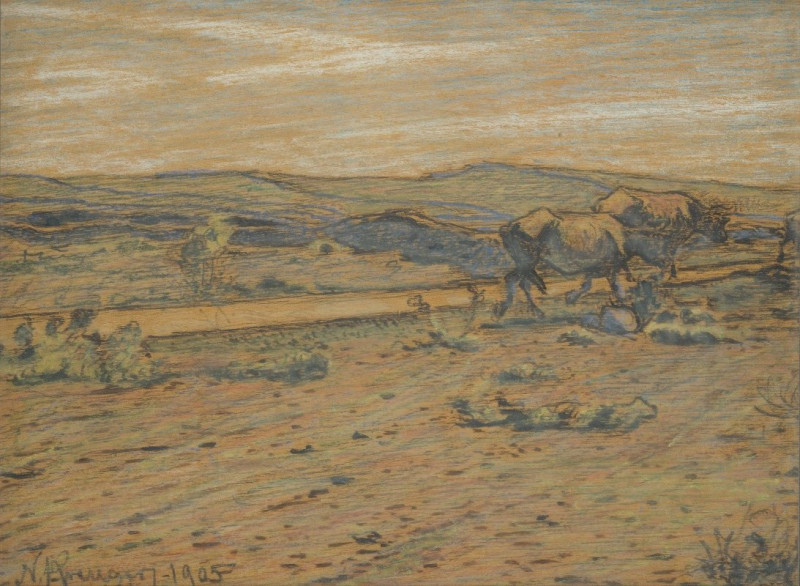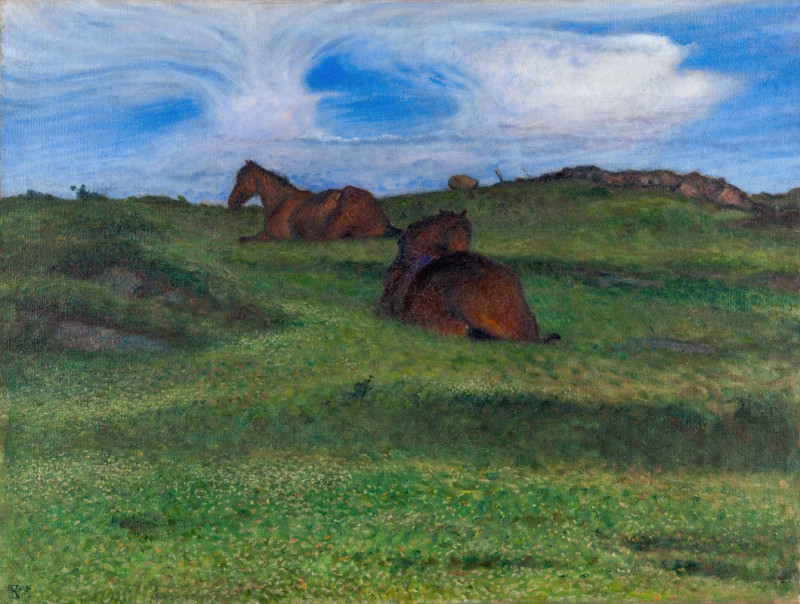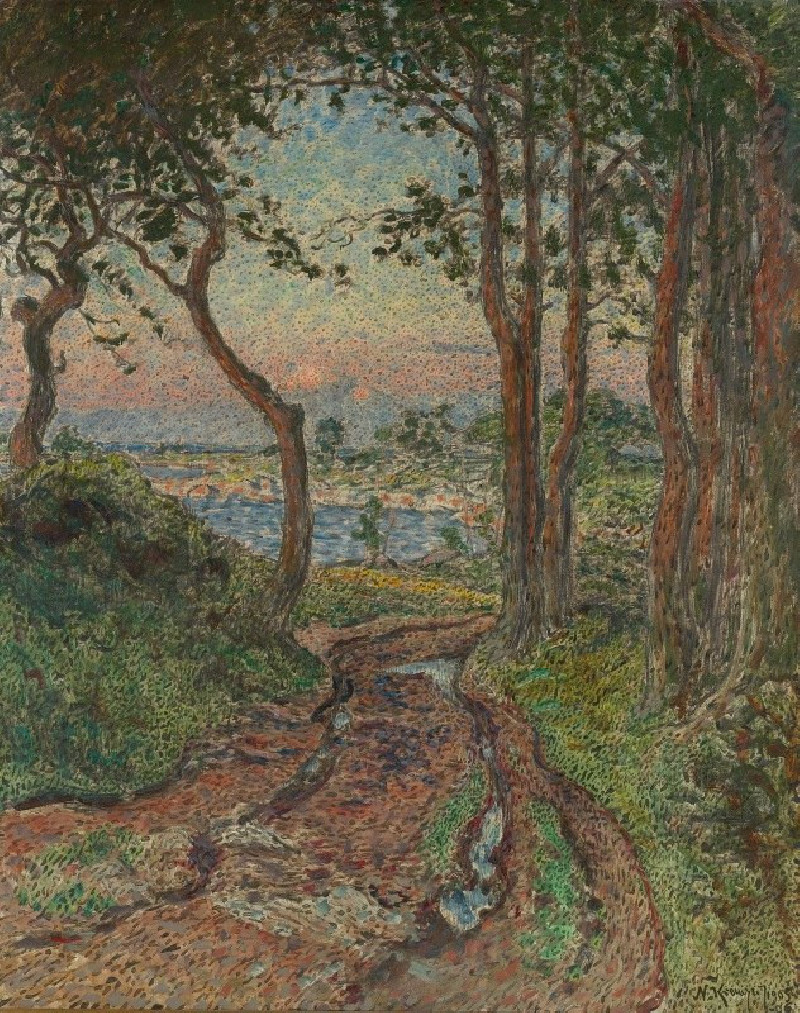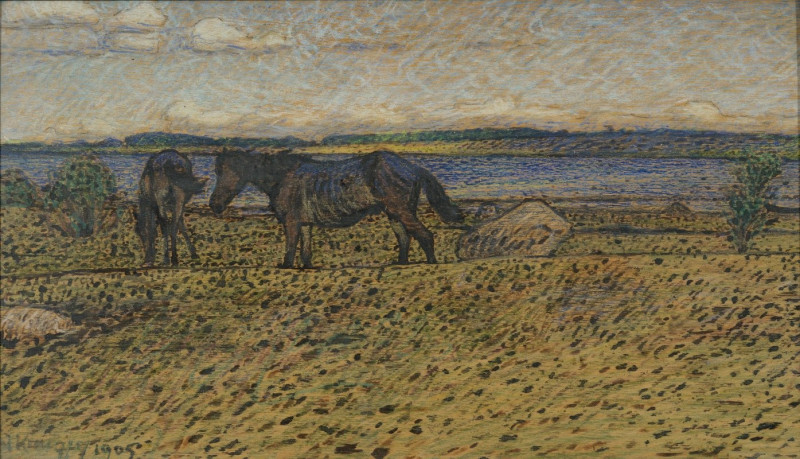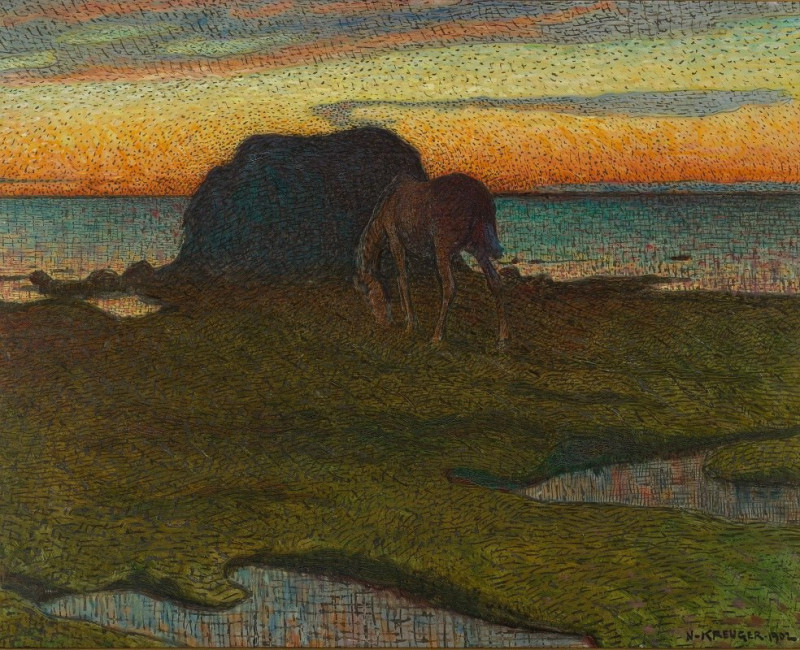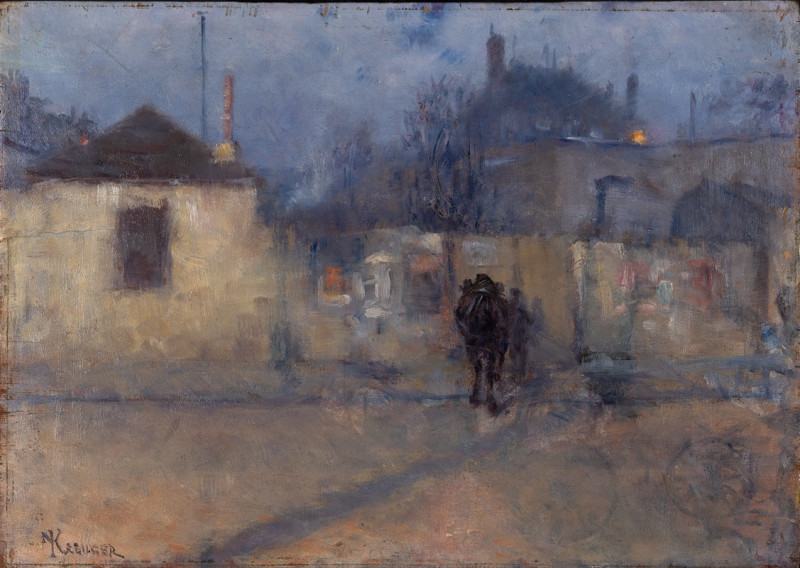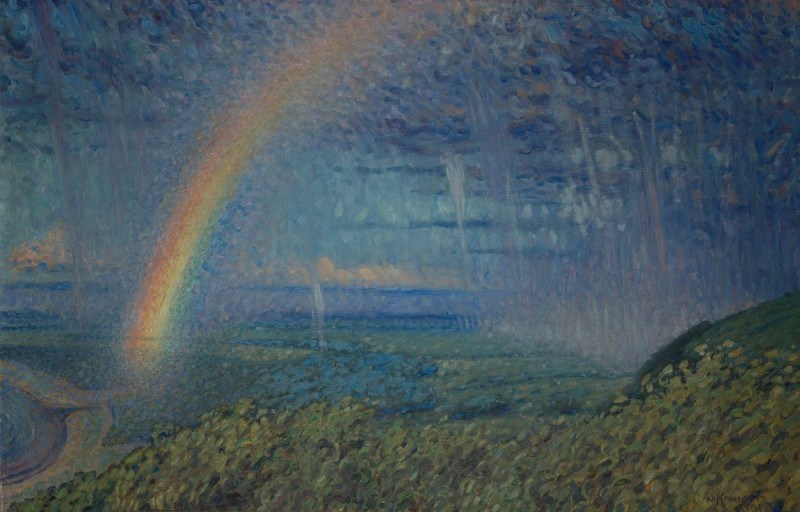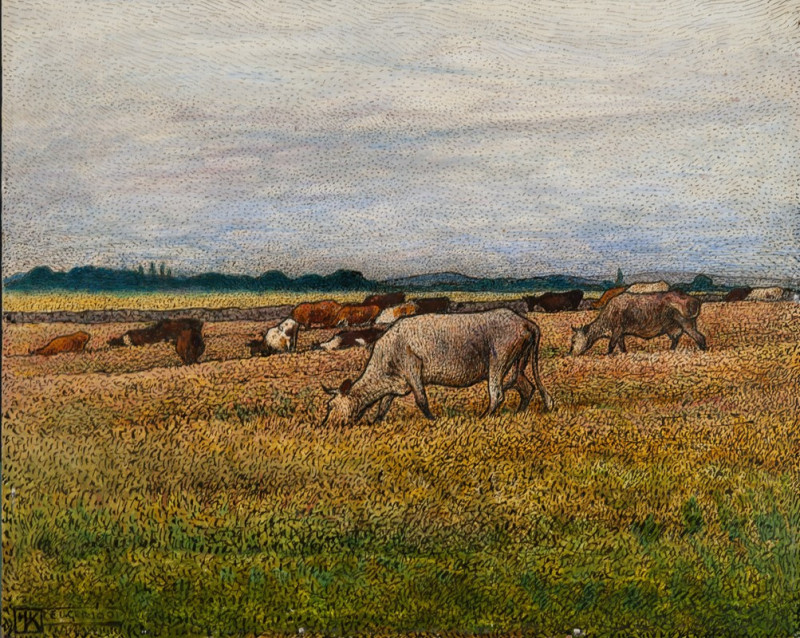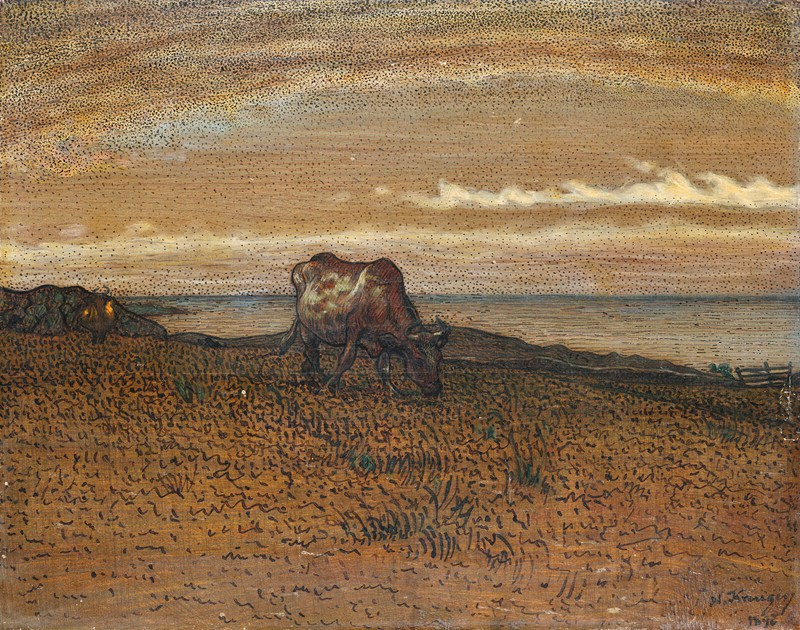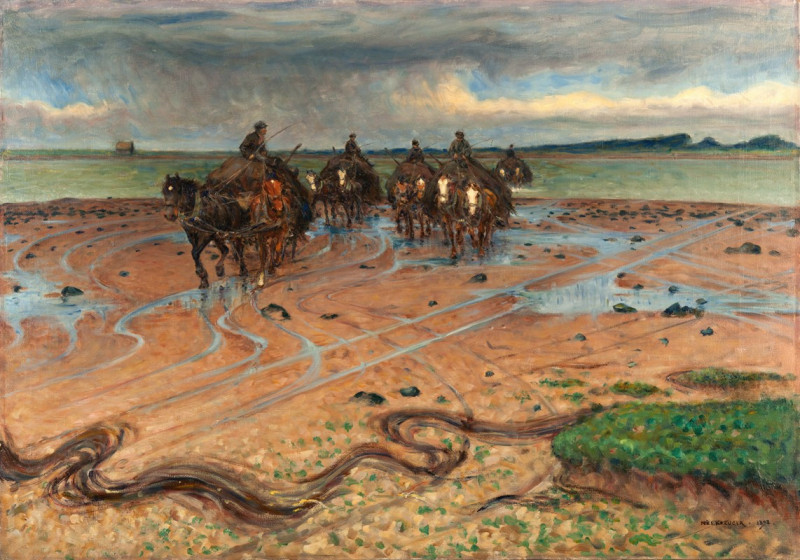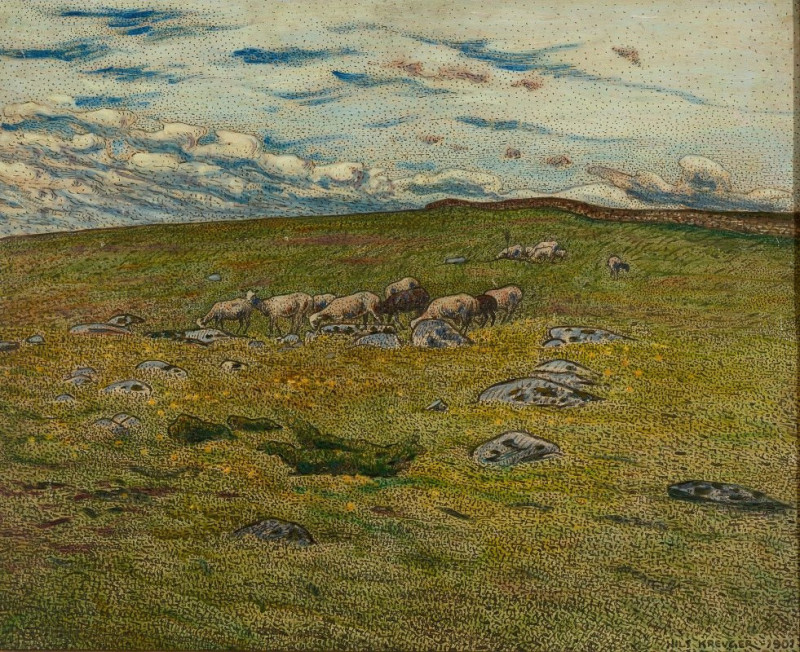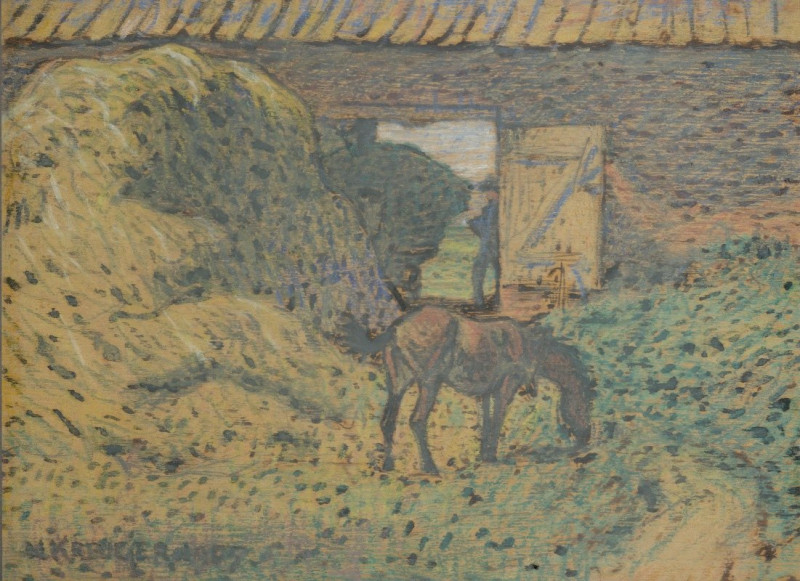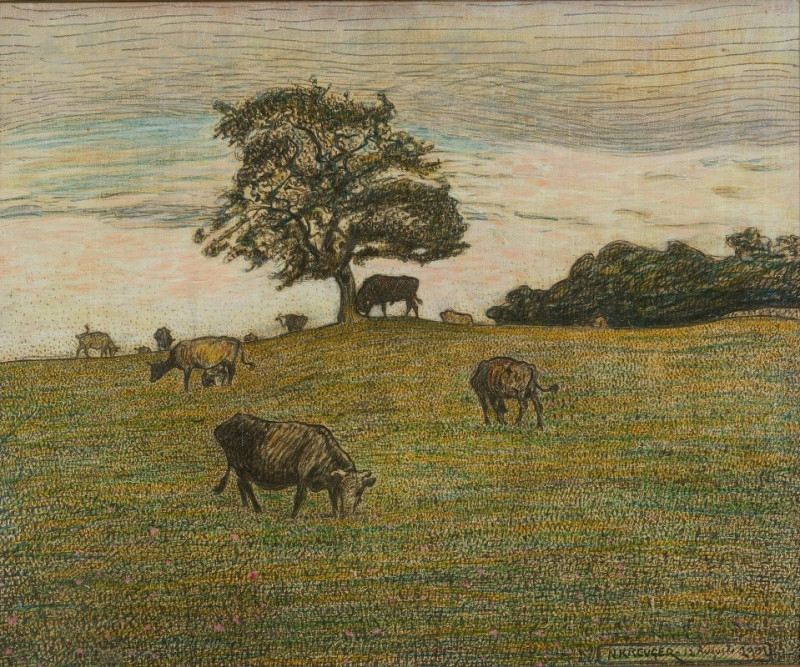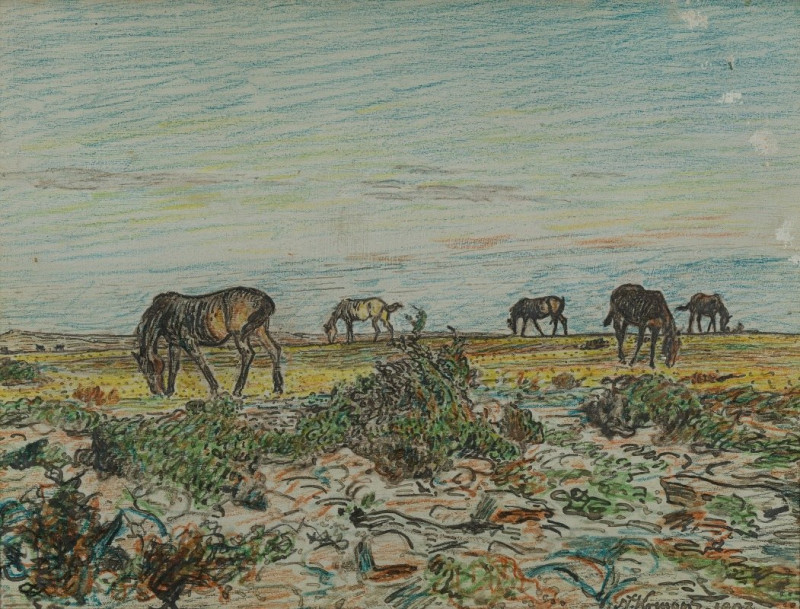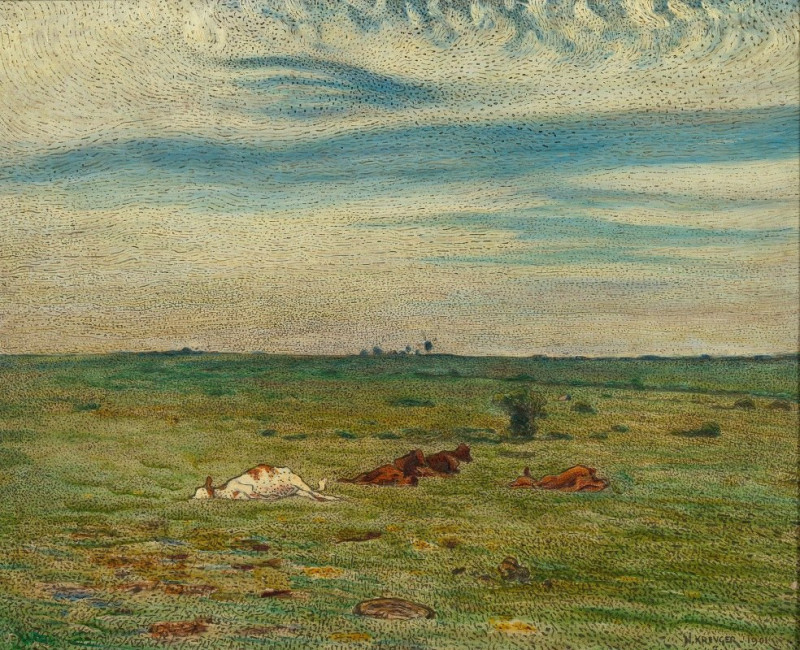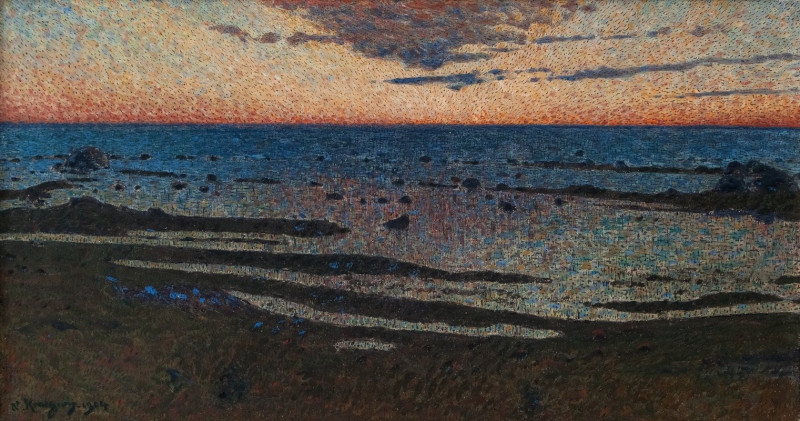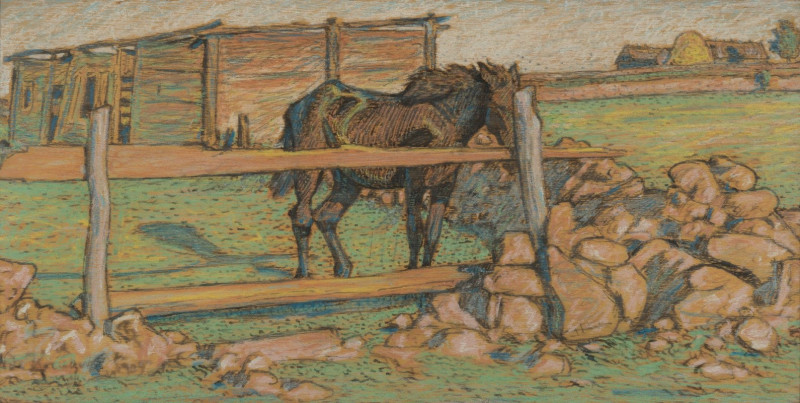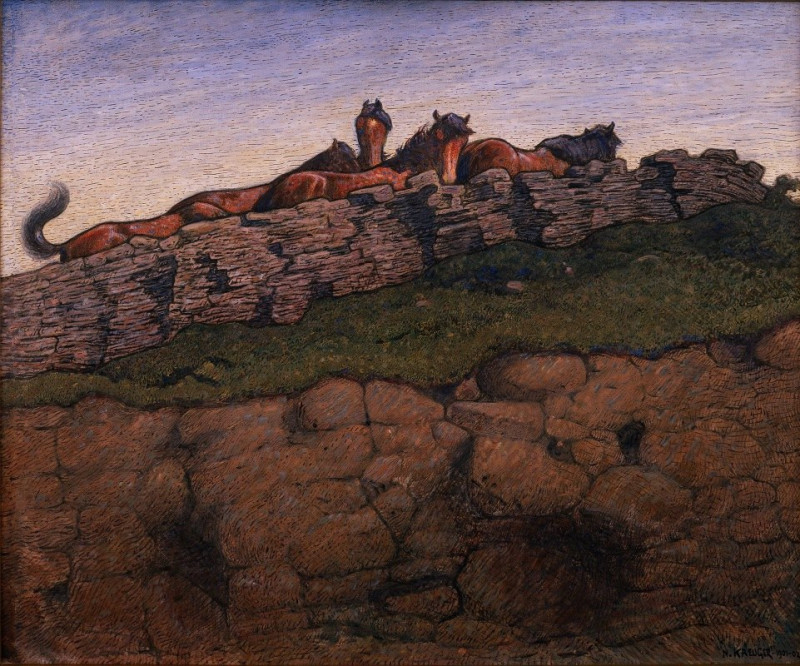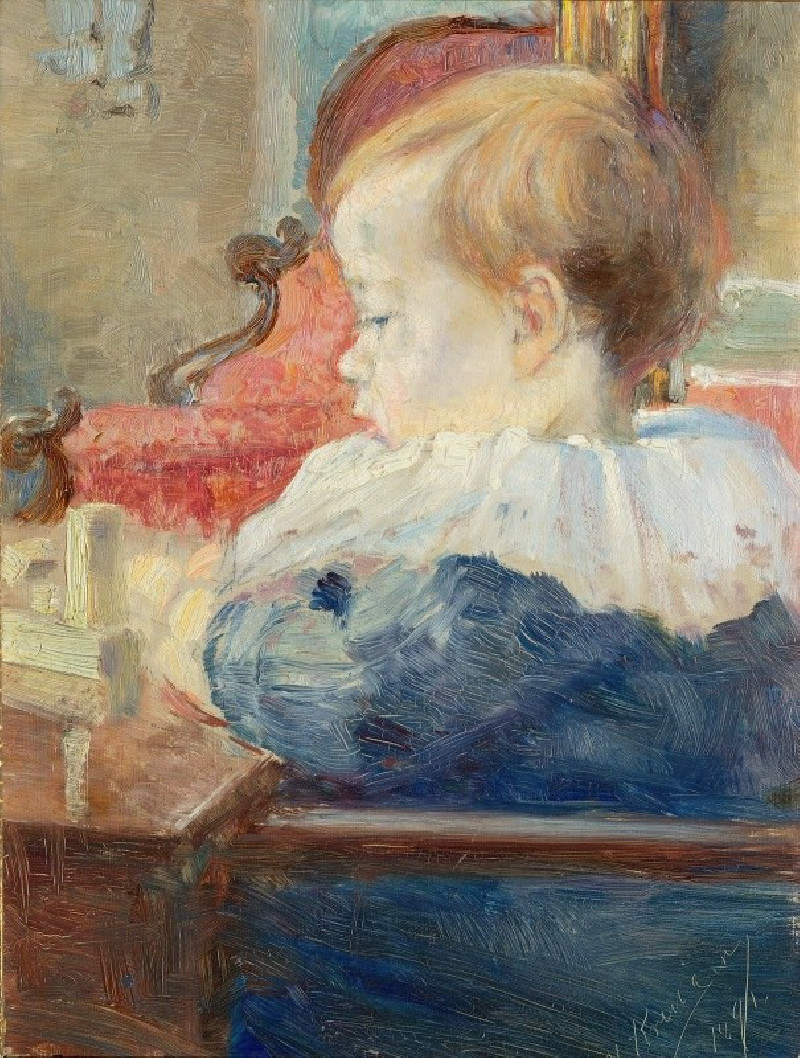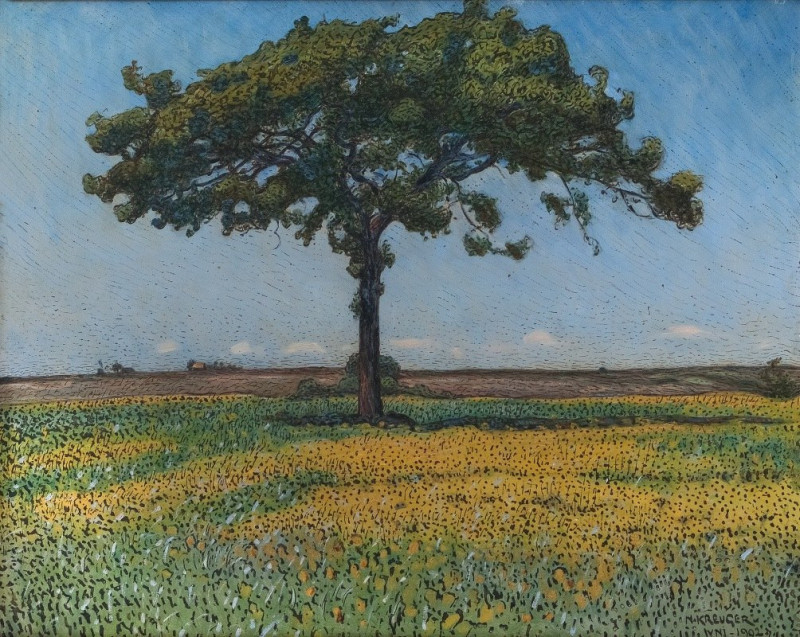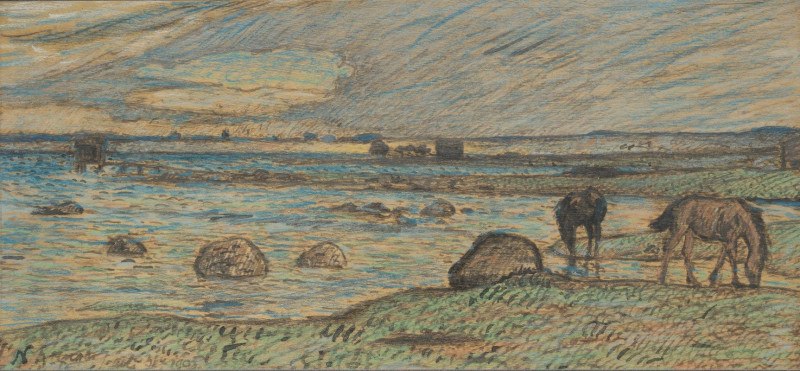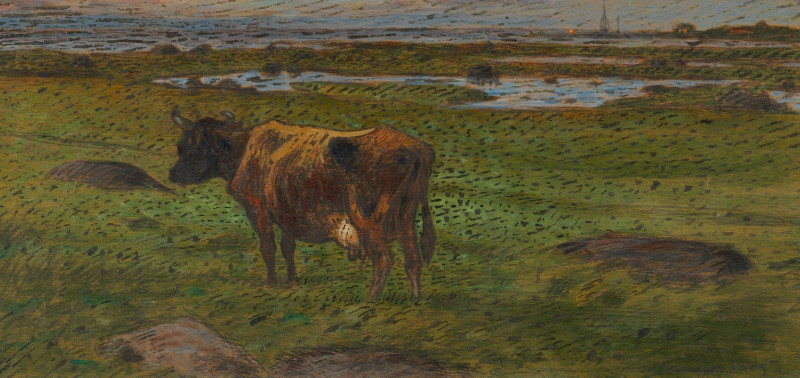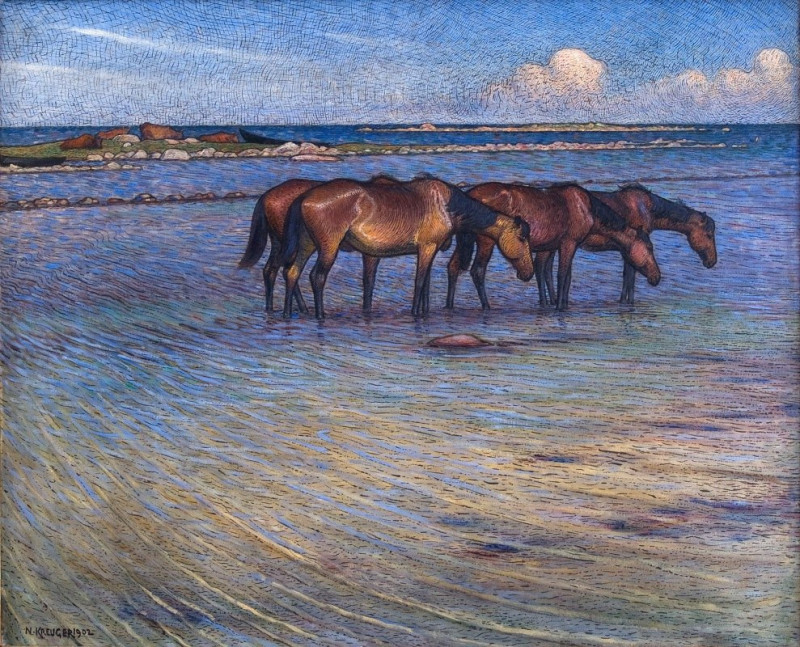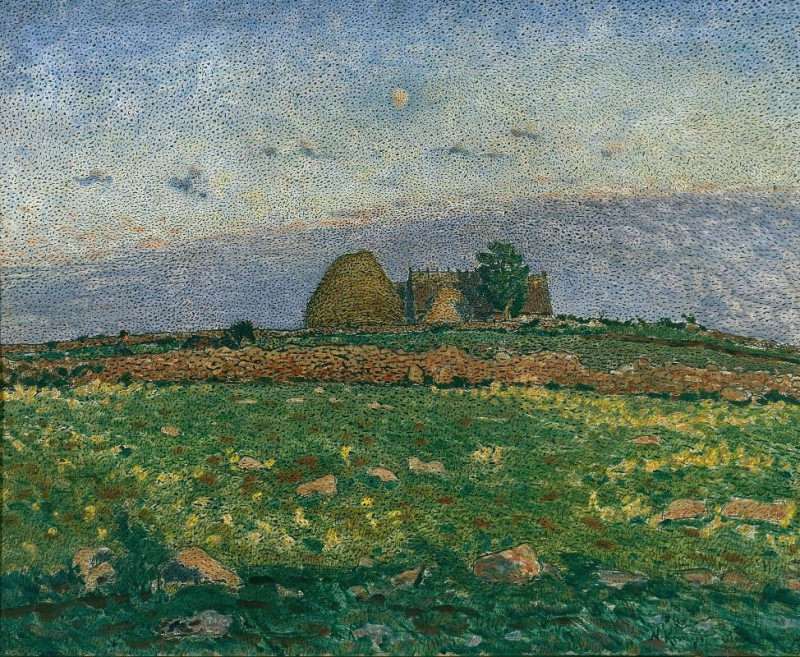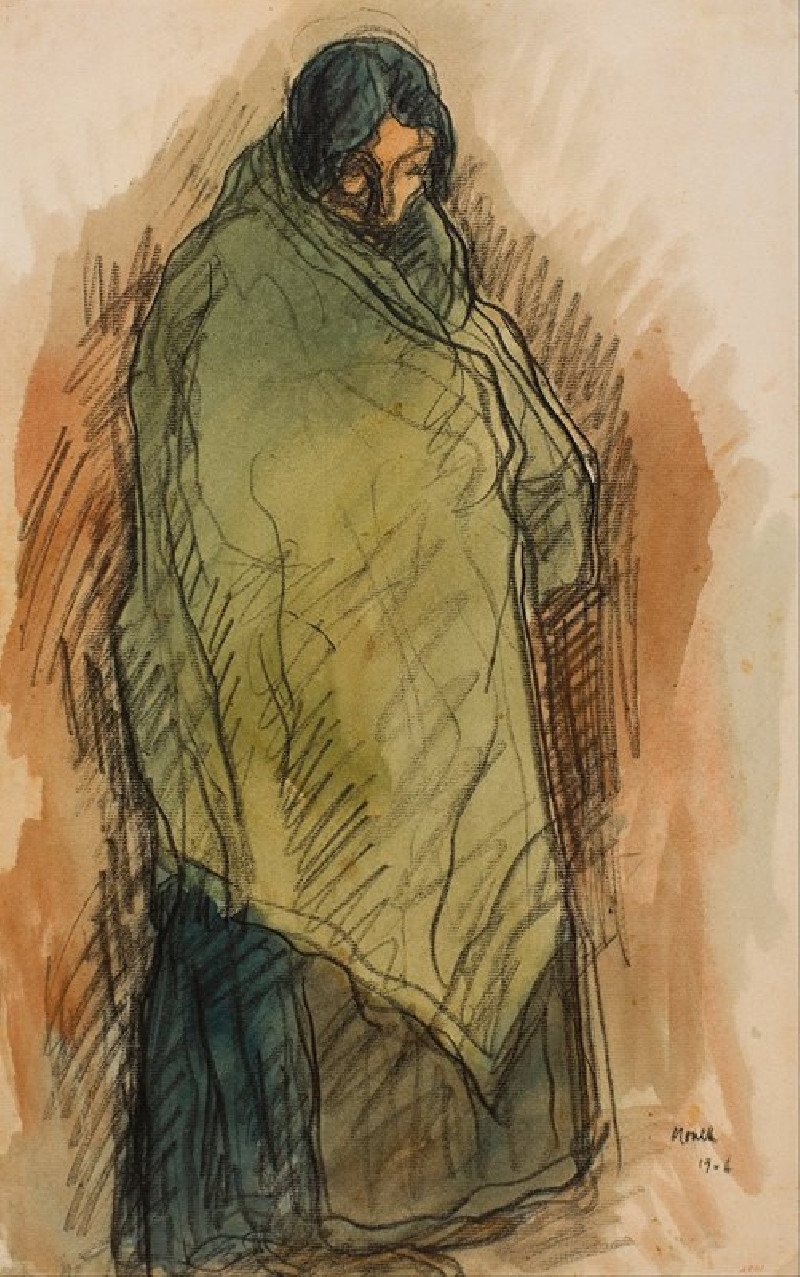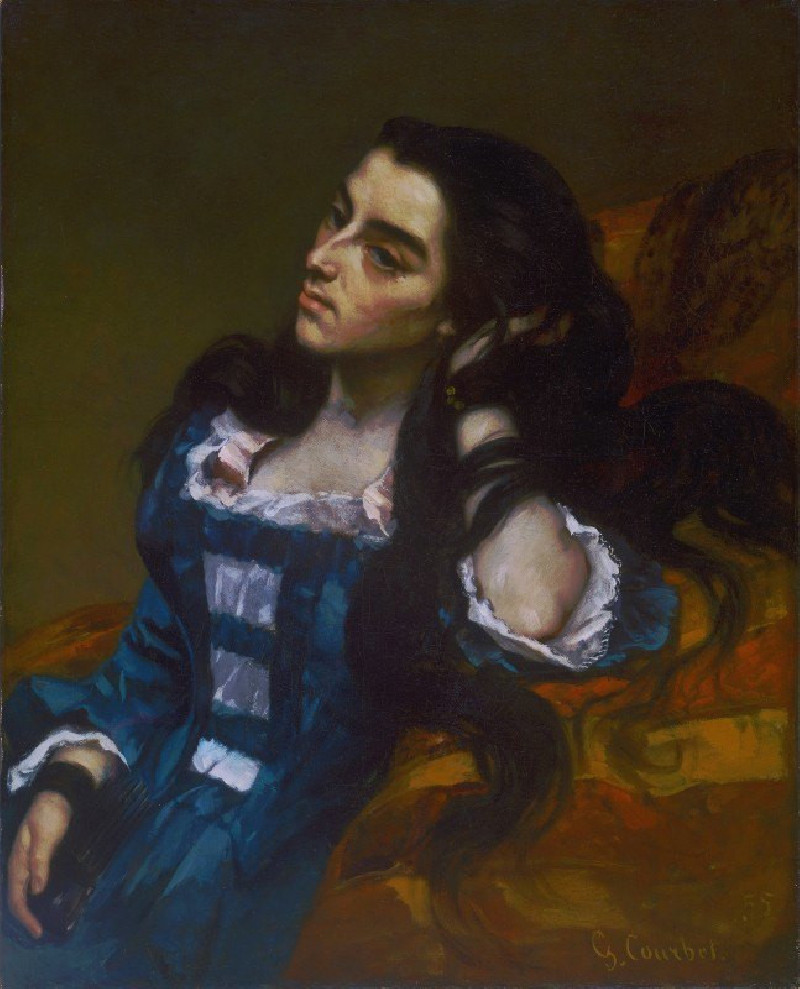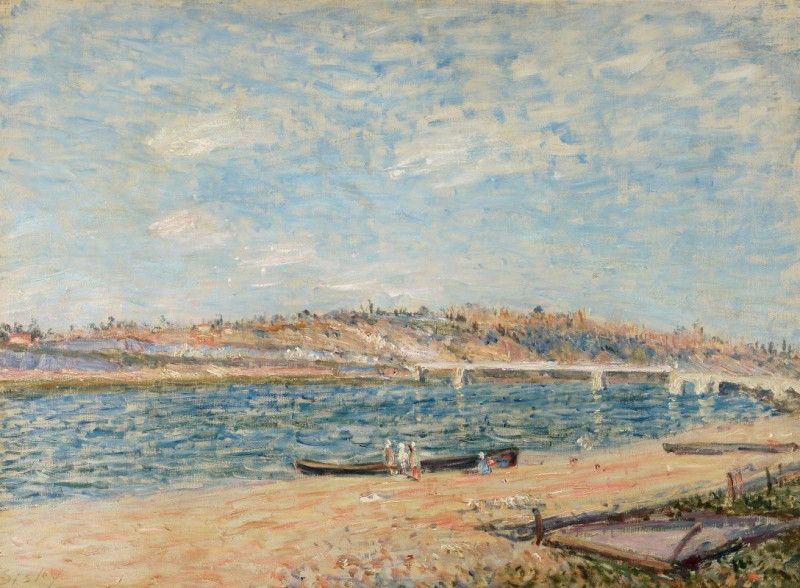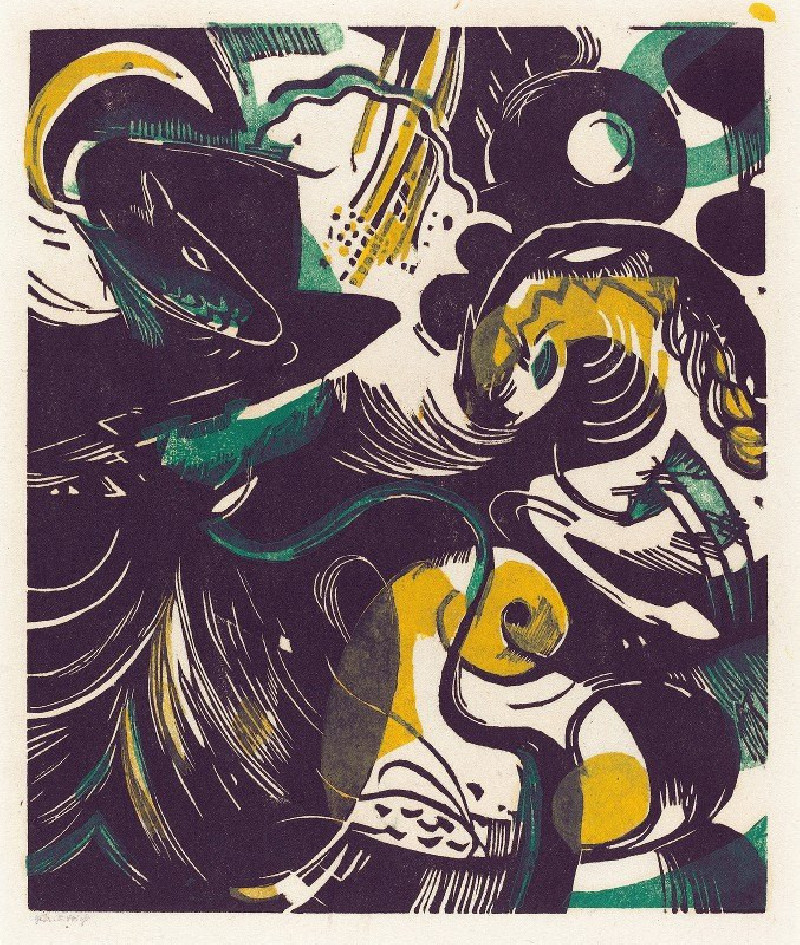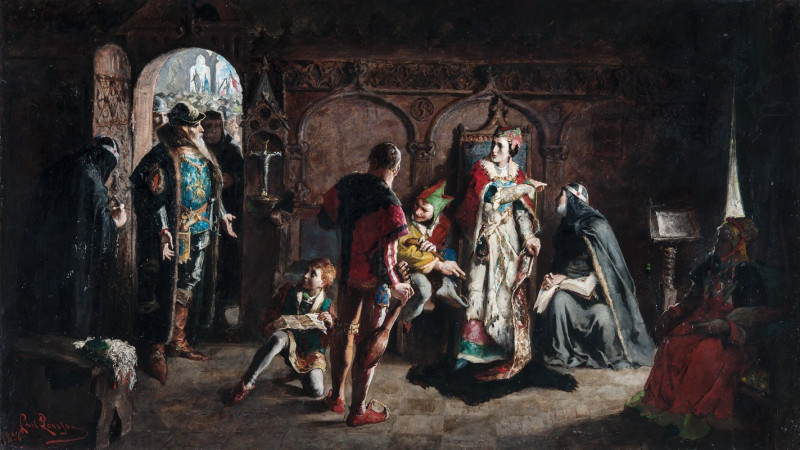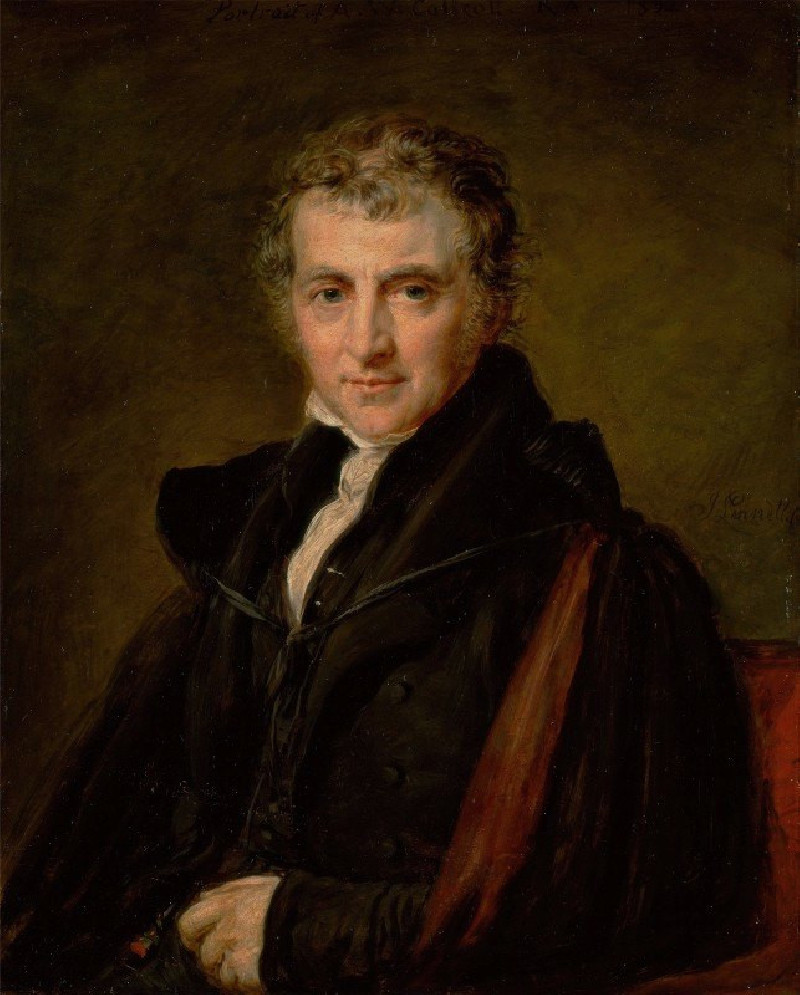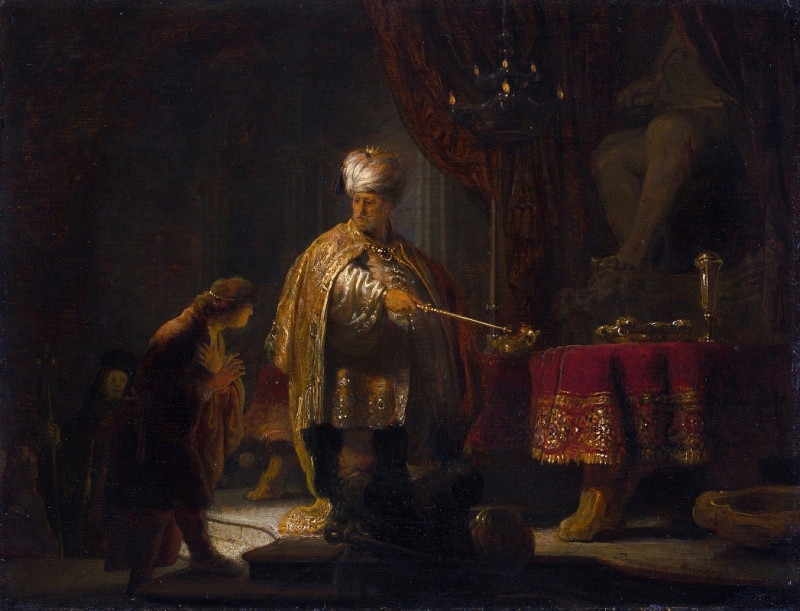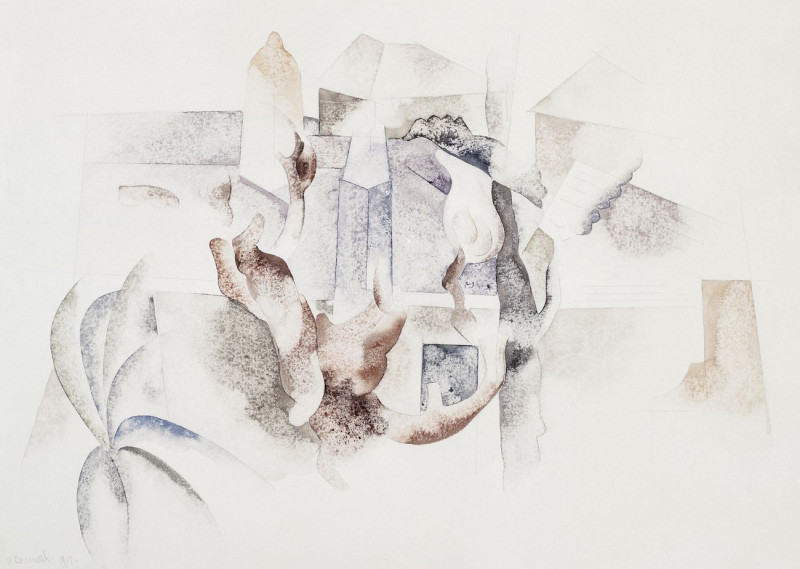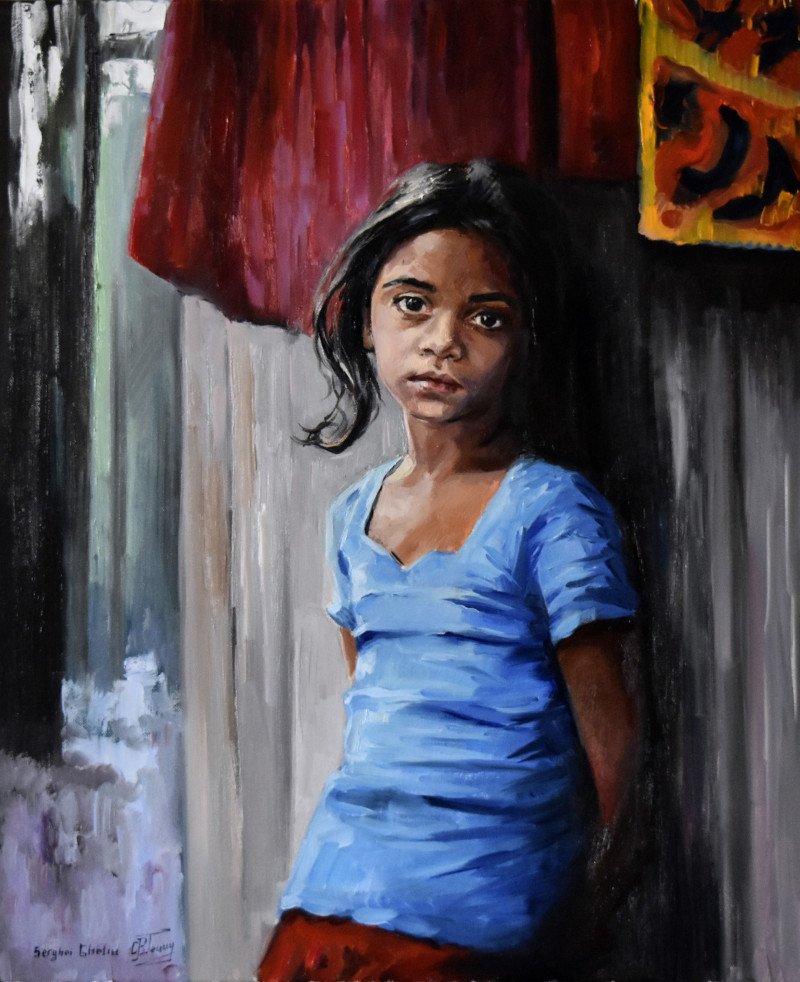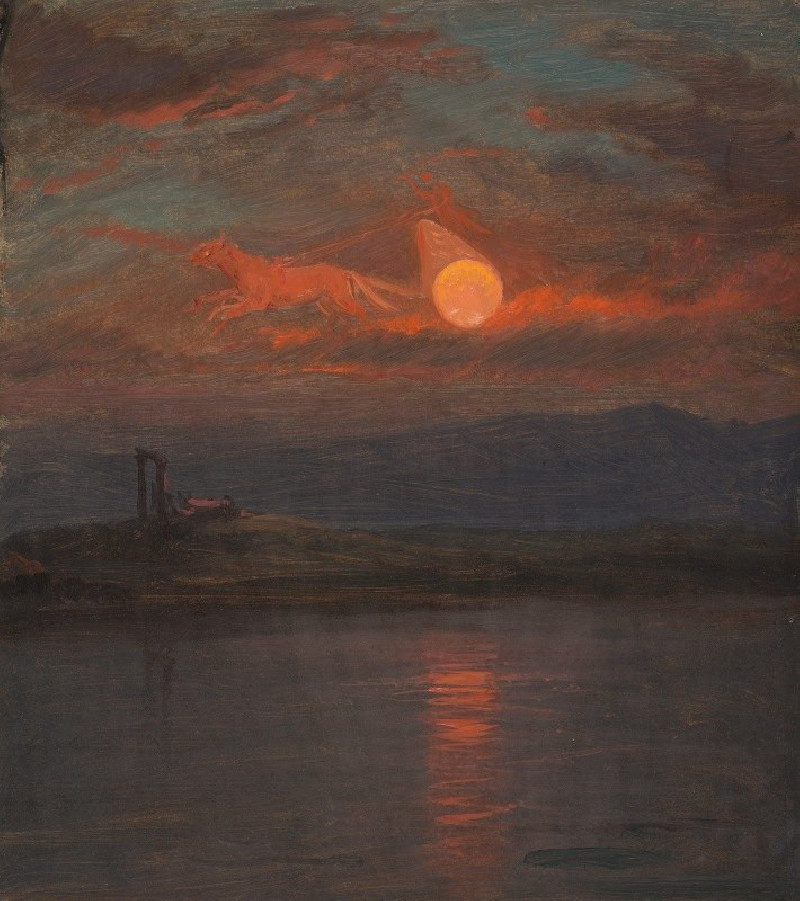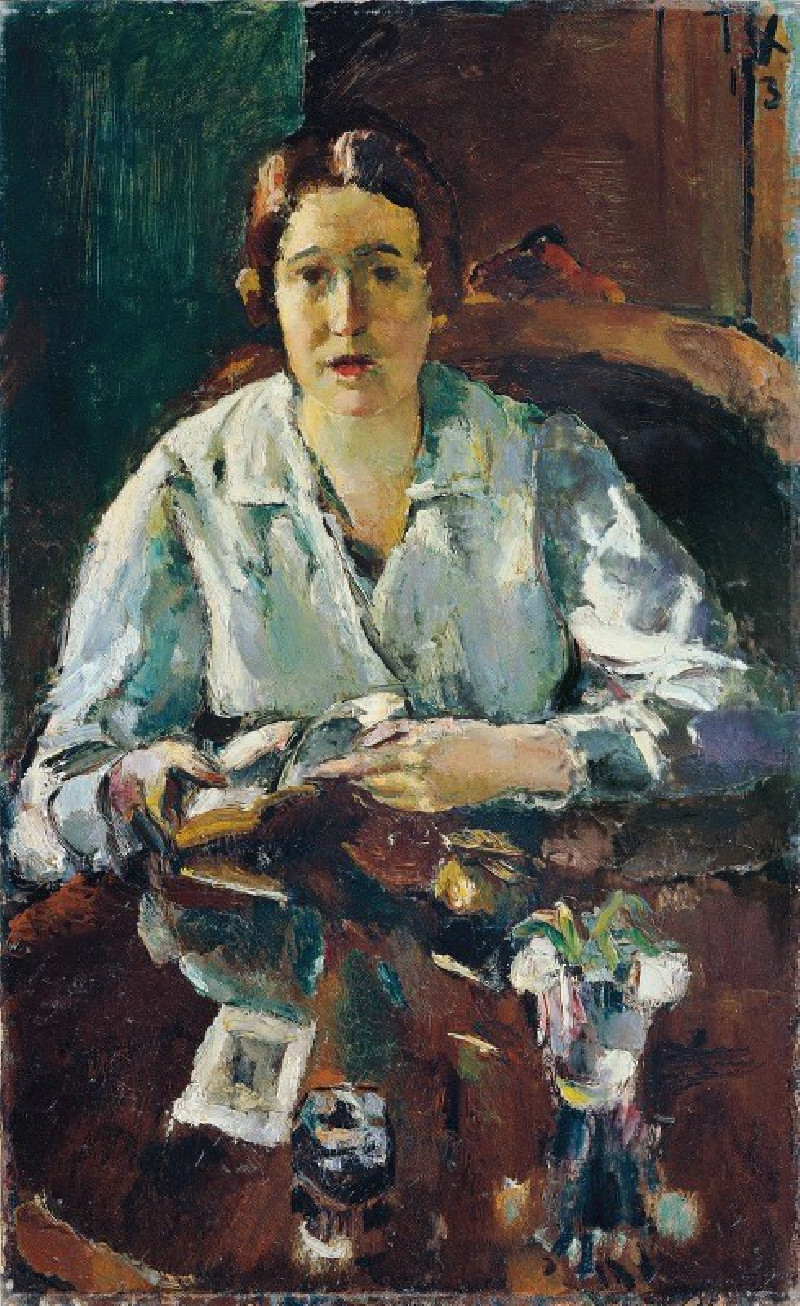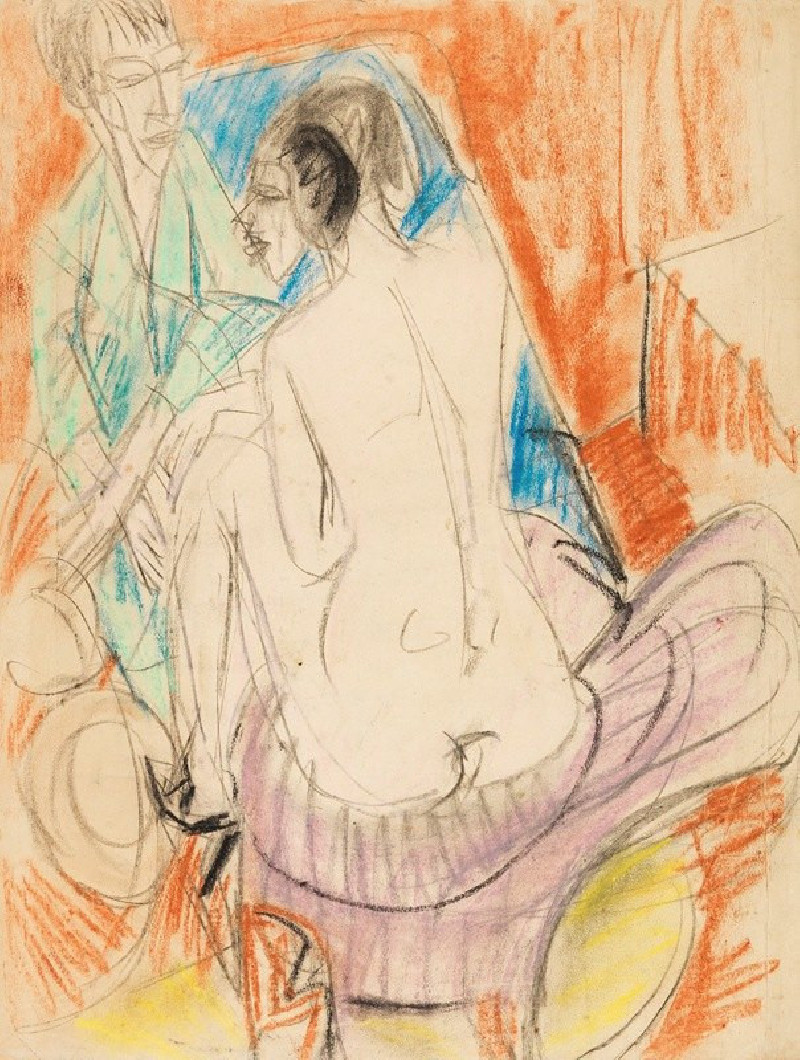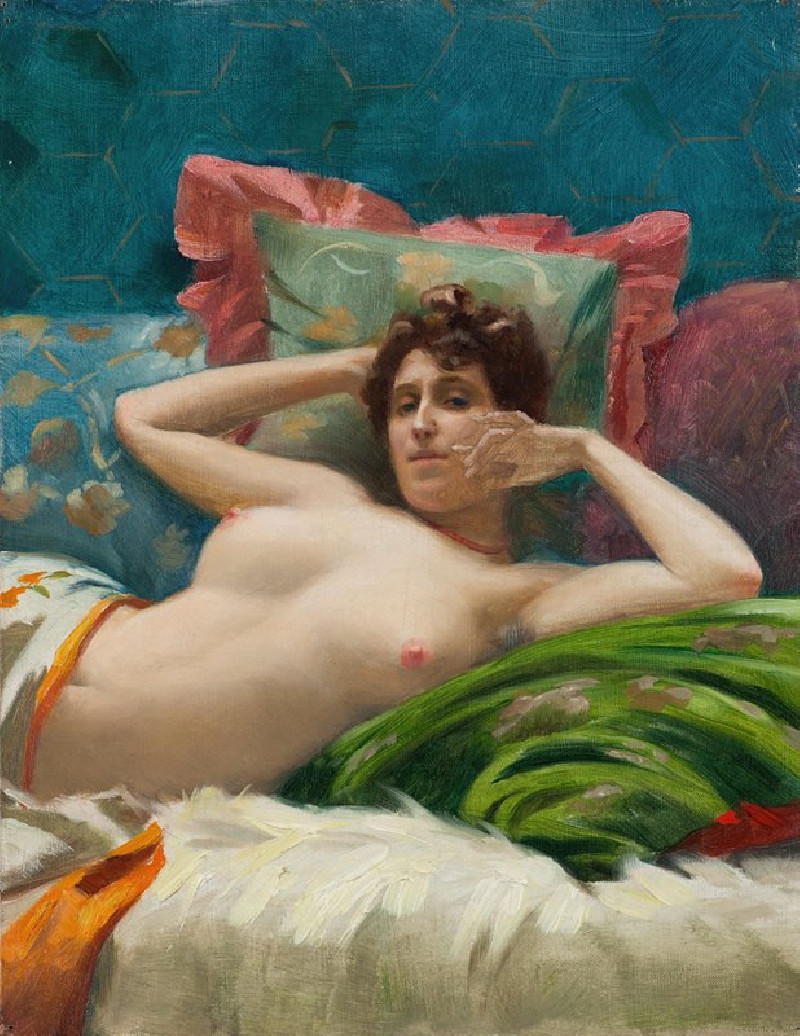Homeward Bound (1905)
Technique: Giclée quality print
Recommended by our customers
More about this artwork
Welcome to our collection where the exquisite "Homeward Bound" (1905) by Nils Kreuger captures the essence of the serene Swedish landscape. This masterful painting portrays the end of a day's toil, as weary horses are being led through a vast, open field under a sky tinged with the warm hues of a setting sun. Kreuger's skill in using swathes of vibrant color and fluid brushstrokes brings a dynamic yet peaceful energy to the scene, invoking a sense of solemnity and the quiet satisfaction of returning home.The foreground features a rugged terrain dotted with sparse vegetation, suggesting the harshness and the beauty of rural life. The sweeping vista in the background, coupled with the gentle gradations of the evening sky, create a compelling contrast between the toil of the earth and the ethereal beauty of the sky, emphasizing the timeless dialogue between man, beast, and nature.By focusing on the movement of the horses and their guides, Kreuger captures a moment of life's journey, a daily return to the safety and warmth of home that resonates universally.
Delivery
Reproductions are made to order and take 5 to 7 working days.
We send them out by courier and delivery takes another two working days.
If you need a reproduction sooner, please contact us - we can usually find a solution and produce it a little faster.
If you don't want to pay for postage, you can pick up your paintings at our galleries in Kaunas or Vilnius.
Returns
Yes, reproductions can be returned.
If you have any doubts more than 30 days after the date of purchase, please contact us - we will take the reproduction back for a refund or offer you a replacement!
We accept a maximum of two returns per customer - please note that we make reproductions to order, so please choose responsibly.
We do not refund shipping expenses.

